Your first health check is an important step toward understanding and managing your overall well-being. Whether you’re going for a routine examination or addressing specific concerns, being prepared can ensure you get the most out of your appointment. Here’s a guide with preparation tips and health check guidance to help you feel confident and informed.
Why Your First Health Check Matters
A health check provides a comprehensive overview of your physical well-being. It can help:
- Detect underlying health issues early
- Assess risk factors for chronic diseases
- Establish a baseline for your health metrics
- Create a personalized plan for improving your lifestyle
Whether it’s a general health check or a targeted screening, the insights you gain are invaluable for maintaining long-term wellness.

Preparation Tips for Your First Health Check
1. Gather Your Medical History
- Write down any past medical conditions, surgeries, or treatments.
- Note any chronic illnesses in your family, such as diabetes, hypertension, or heart disease.
- List all medications, supplements, or vitamins you’re currently taking.
2. Understand the Purpose of the Health Check
- Is it a routine checkup, or are you addressing specific symptoms or concerns?
- Knowing your goals will help you and your doctor focus on what matters most.
3. Make a List of Questions
- Prepare questions about your health or lifestyle, such as diet, exercise, or stress management.
- Include any symptoms or changes in your body that you’ve noticed recently.
4. Check Any Pre-Appointment Instructions
- Fasting: Some blood tests require you to fast for 8–12 hours. Confirm this with your healthcare provider.
- Clothing: Wear loose and comfortable clothing, especially if your appointment includes physical examinations or tests like ECGs.
- Hydration: Drink water before your appointment, as hydration helps with blood draws.
What to Expect During Your First Health Check
1. Initial Consultation
- You’ll discuss your medical history, lifestyle habits, and any symptoms or concerns.
- The doctor may ask questions about your diet, exercise routine, and sleep patterns.
2. Physical Examination
This may include:
- Measuring vital signs such as blood pressure, heart rate, and oxygen levels.
- Checking weight, height, and body mass index (BMI).
- Examining your heart, lungs, and abdomen.
3. Diagnostic Tests
Depending on your age, gender, and medical history, your doctor may recommend:
- Blood Tests: To check cholesterol, blood sugar, and other vital markers.
- Urine Analysis: To assess kidney and metabolic function.
- Imaging Tests: Such as ultrasounds, if needed.
4. Follow-Up Plan
- You’ll receive a summary of your health status, along with recommendations for lifestyle changes or further tests.
Common Health Check Tests
- Blood Pressure Check: To detect hypertension or hypotension.
- Cholesterol Test: To assess heart health and risk of cardiovascular diseases.
- Blood Sugar Test: To check for diabetes or prediabetes.
- Body Mass Index (BMI): To evaluate weight-related health risks.
- Full Blood Count (FBC): To detect infections or anemia.
- Liver and Kidney Function Tests: To assess organ health.
Tips for a Successful Health Check
1. Arrive Early
Give yourself time to fill out any paperwork and relax before your appointment.
2. Be Honest
Share accurate information about your lifestyle, habits, and symptoms. Your doctor relies on this for accurate diagnosis and recommendations.
3. Stay Calm
Health checks are meant to empower you, not scare you. If you’re nervous, take deep breaths and focus on the benefits of the appointment.
4. Ask Questions
Don’t hesitate to seek clarification about tests, results, or treatment plans. Understanding your health is crucial for making informed decisions.
After Your First Health Check
Review Your Results
- Take time to understand your test results and what they mean.
- Discuss any abnormal findings with your doctor and create an action plan.
Follow Recommendations
- Stick to any lifestyle changes or treatments suggested by your doctor.
- Schedule follow-ups or additional tests as needed.
Track Your Progress
- Keep a record of your health metrics to monitor improvements over time.
Conclusion: Take Charge of Your Health
Your first health check is the beginning of a proactive journey toward better health. By following these preparation tips and being actively involved in your appointment, you’ll gain valuable insights into your well-being. Don’t forget to schedule regular checkups to stay on top of your health and address potential issues early.



